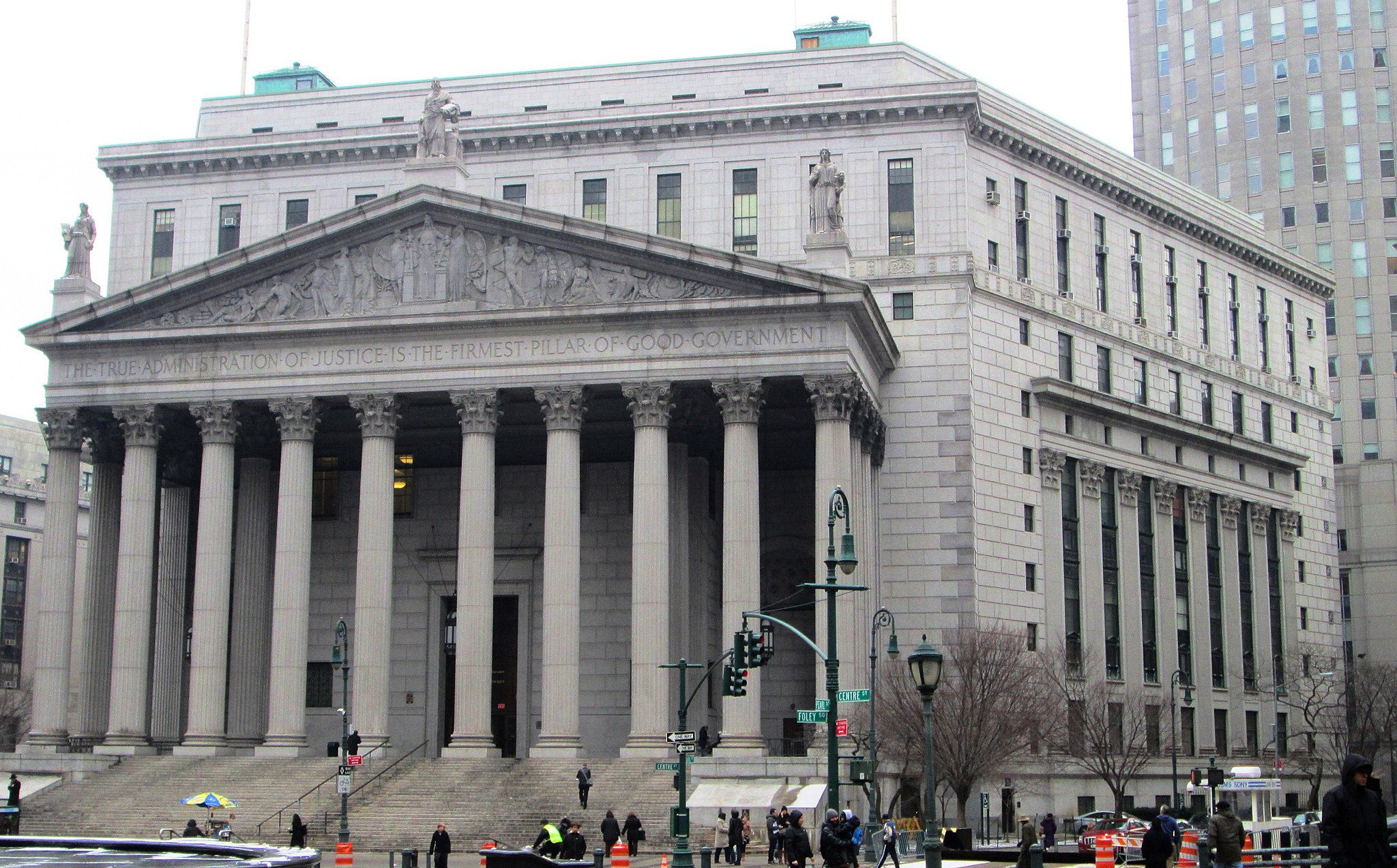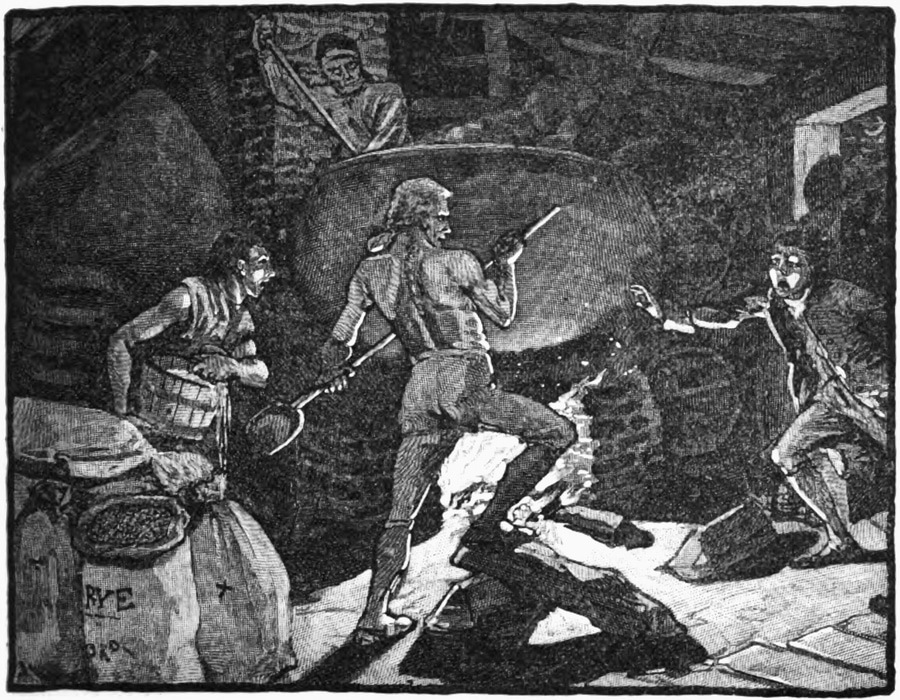The Situation: A Measure of Justice Amid the Complaints
The case in New York about which seemingly everyone sought to complain turns out to have legs.

Published by The Lawfare Institute
in Cooperation With

The Situation on Wednesday laid out two key benchmarks for winding down the Donald Trump criminal cases in a fashion that does justice to history.
Today, one of them—the sentencing of the once-and-future president in the New York trial—was accomplished.
A great many people will complain that this was not the conviction, or the sentence, that justice demanded for Trump, who is alleged to have done far worse than what was charged in the New York case. And yes, that is true. But the federal Jan. 6 case died with Trump’s election in November, at least for now, and the classified documents case did as well. And the Georgia case certainly will die if it can ever even get up enough energy to manage a death. So the New York case that was widely dismissed as unimportant is the only one that made it over any kind of finish line.
But people will complain that it is, after all, unimportant. And that is a matter about which reasonable people will disagree, though there is a grain of truth here too. The New York hush money case is certainly less important than trying to overturn an election one lost as president, and it is less important as well than hoarding classified documents and refusing to give them up when the government tries to get them back. But not-as-important is not quite the same as unimportant.
And people will also complain—as Trump and his lawyer both did today at sentencing—that the case is political, that it should not have been brought, that other prosecutors, state and federal, declined it. And there is a grain of truth to this complaint. The case was declined by the feds, though that may have been for other reasons, and was revived by Alvin Bragg’s office only after a much more ambitious case didn’t come together.
And folks will complain that Bragg wouldn’t have brought the case against a person named something other than “Trump”—which is really the same complaint. And there’s a grain of truth in this version of the complaint too. None of the other people who have won the presidency after paying hush money to adult film performers and falsifying business records to disguise the payments as legal expenses have faced criminal charges as a result, after all.
And legal analysts will cluck that there is something novel, and therefore distasteful, about Bragg’s use of a state business records falsification misdemeanor statute and its step-up-to-felony component to create 34 felonies out of a fact pattern that was actually about paying money to Stormy Daniels through the person of Michael Cohen. And some appellate court will someday have to decide whether there’s enough of a grain of truth here to throw out the conviction.
And presidential power enthusiasts will argue that the whole conviction is tainted by the Supreme Court’s immunity decision, which came down after the spring trial in New York was finished. And there’s a grain of truth here too. The prosecution used several bits of evidence from Trump’s previous spell in office—whose use became arguably verboten as a result of the decision. Again, the appellate system will decide, in the months and years to come, whether this argument has merit and whether, if so, the error is harmless or not.
Political analysts, meanwhile, will point out, quite correctly, that there is zero evidence that the New York trial hurt Trump electorally and at least some reason to believe it may have helped him in the election he just won.
Trump’s lawyer, Todd Blanche, framed this point at sentencing today in terms of his broader argument that prosecutors never should have brought the case: “the interesting thing about the fact that there was a trial for the first time in our history, a criminal trial during an election season, is that the American voters got a chance to see and decide for themselves whether this is the kind of case that should have been brought,” he said. “And they decided. And that's why in ten days President Trump [is] going to assume the office of the President of the United States.”
Trump himself put the matter more crudely. He “won conclusively all seven swing states and won the ... popular vote. By millions and millions of votes, and they've been watching your trial so they understood it.”
Far be it from me to judge whether the whole thing was worth it given all these complaints.
I will just say only this in defense of this case: President Trump will enter office 10 days from now as a convicted felon because of it. And that is a good thing.
It is more appropriate, far more appropriate, at least in this one citizen’s opinion, than that he should enter office as a man with a clean criminal record.
It is truer this way, for one thing. He is, after all, a multiple felon. And while this conviction barely scratches the surface of his criminality, not in range or scope or depth or importance, the scratch is itself important. It is the record that allows his status before the law to comport with reality.
So to all those concerned about one or more of the complaints about this case, there is a flip side to this case’s being relatively small-bore, to its not involving great affairs of state, to its not involving Trump’s conduct as president. And that’s that it was manageable. It wasn’t derailed by the Supreme Court’s immunity decision. It wasn’t even much delayed by it. The case about which nearly everyone—from Trump’s haters to his defenders—loved to complain was the only one that actually stuck.
No, it has not produced a just sentence. No, I can’t promise you that some appellate court won’t overturn it, that it is bulletproof on appeal. But ever since Trump’s first term, people have been looking to the criminal justice system to do something about Trump. And in that time, exactly one case has made it past the evidentiary collection stage, past the indictment stage, past the motions to dismiss and the interlocutory appeals, past the Supreme Court’s retroactively erected barriers, past the selection and seating of a jury and the conduct of a trial, and straight through to sentencing. And that was the little case about which so many people were so keen to complain.
And because of that case, Donald J. Trump will assume the office of the presidency as a convicted felon 34 times over.
And there is at least a small bit of justice and accountability in that—even if people choose to complain about it.
The Situation continues tomorrow.


.jpg?sfvrsn=8253205e_5)


